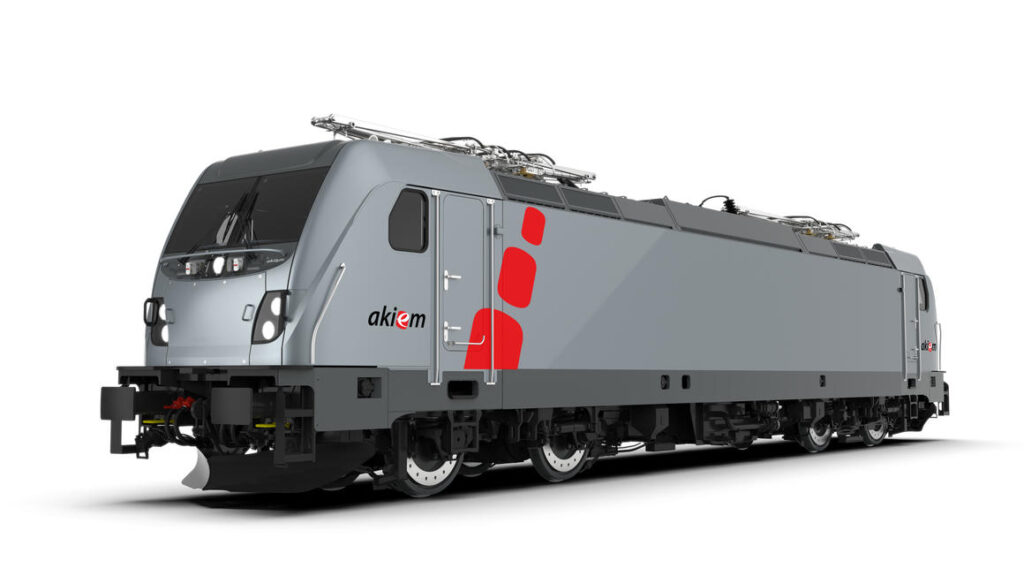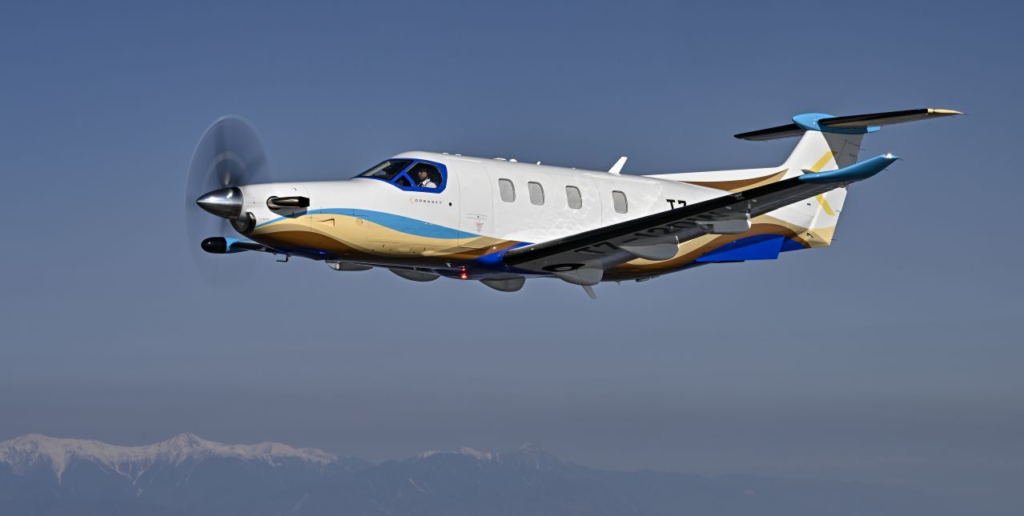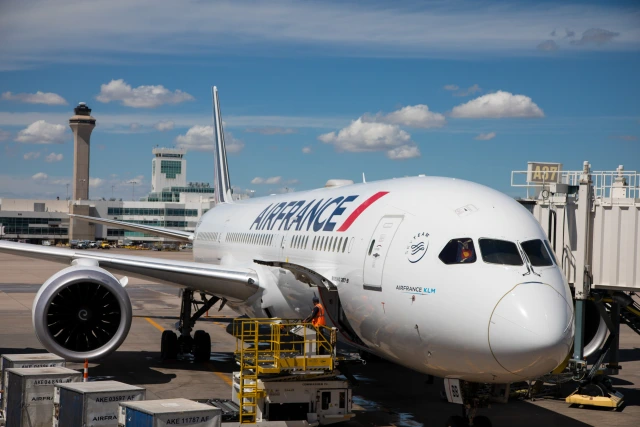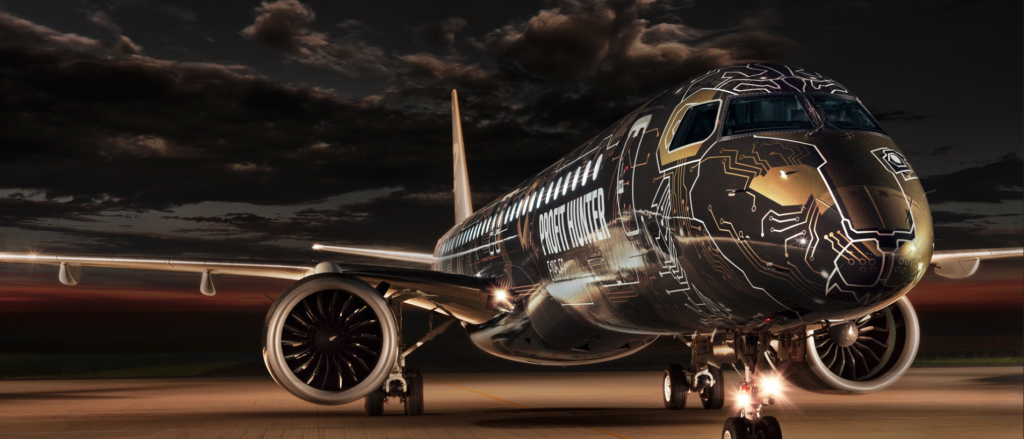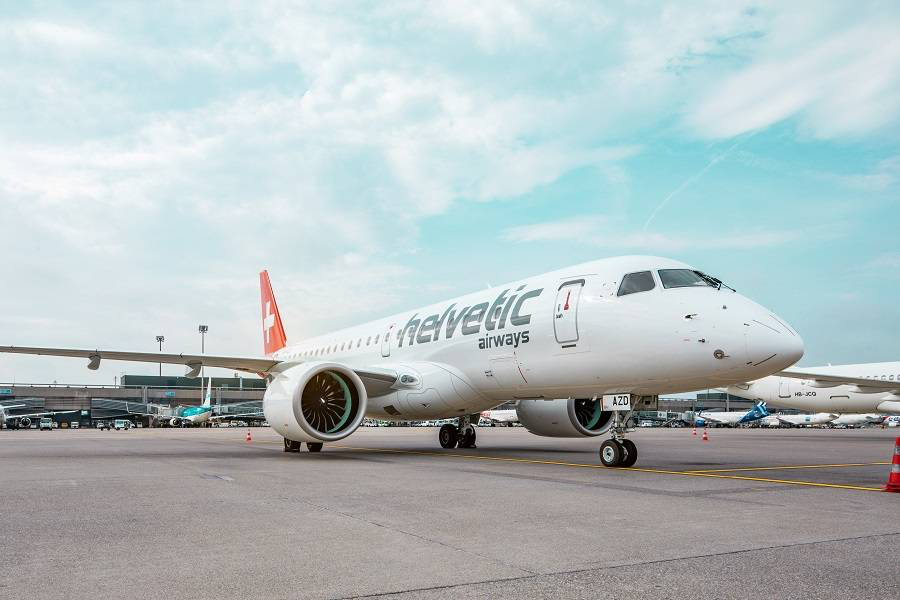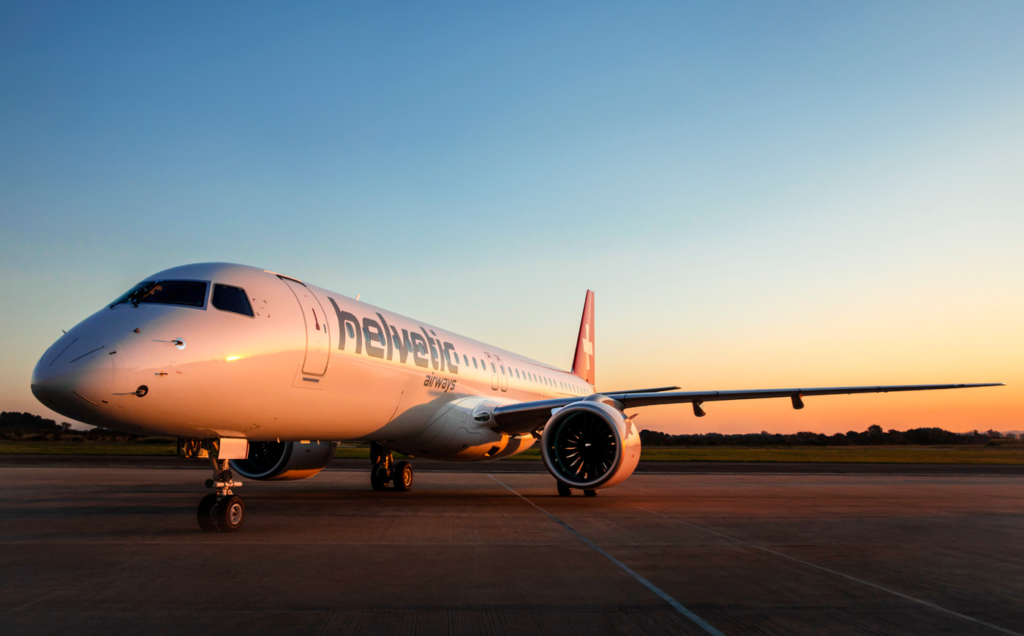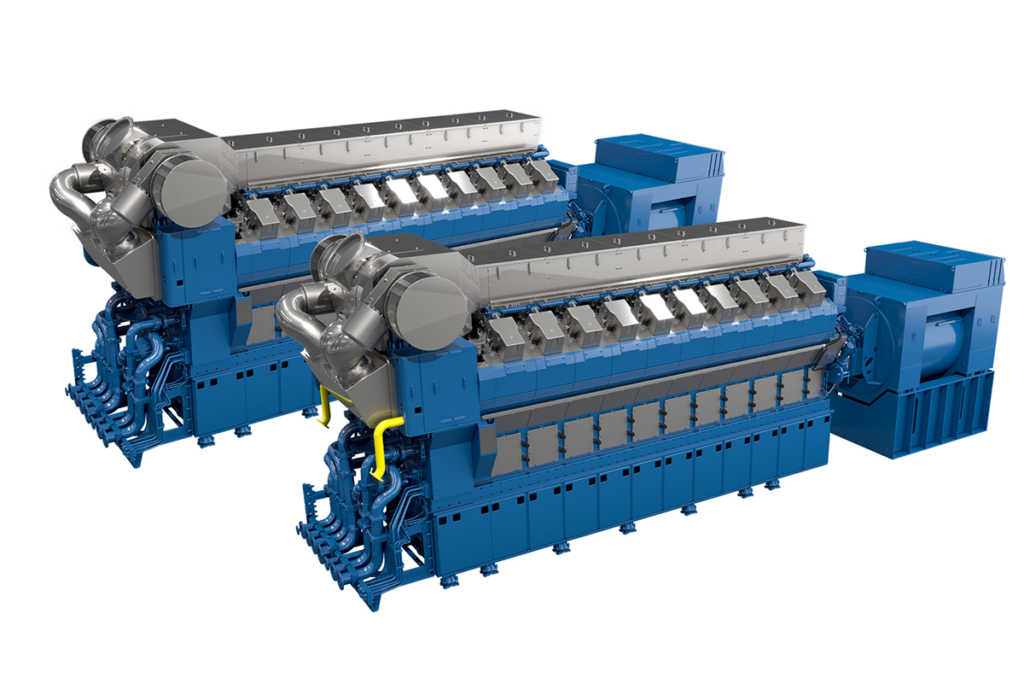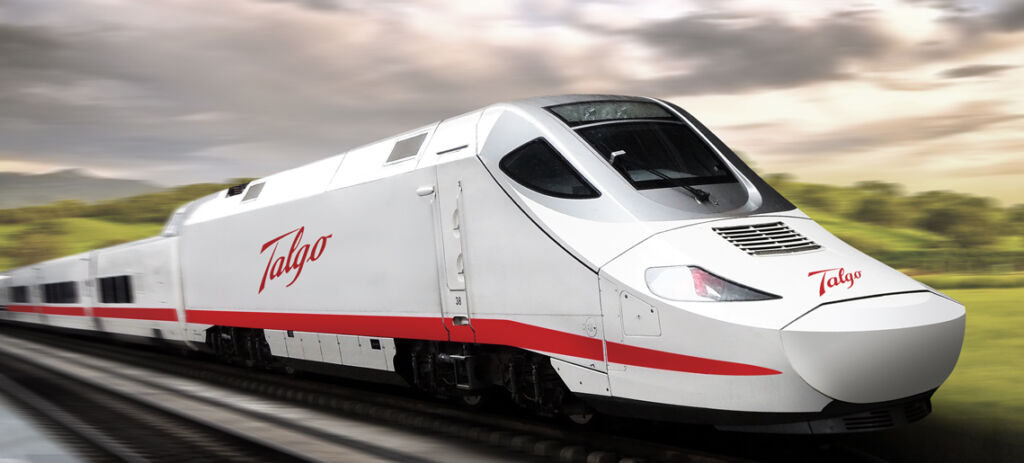Akiem & Alstom sign new framework agreement for 100 Traxx locomotives
17 July 2023 – Alstom (OTC: ALSMY), global leader in smart and sustainable mobility, and Akiem European rolling stock leasing company have signed a framework contract for 100 Traxx Universal multi-system (MS3) locomotives. The firm part of the…
